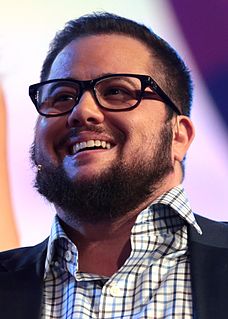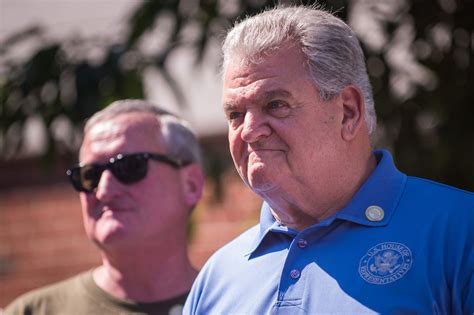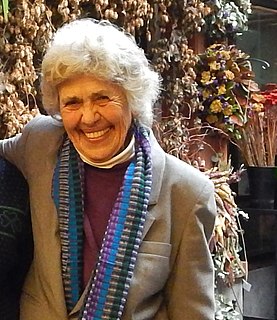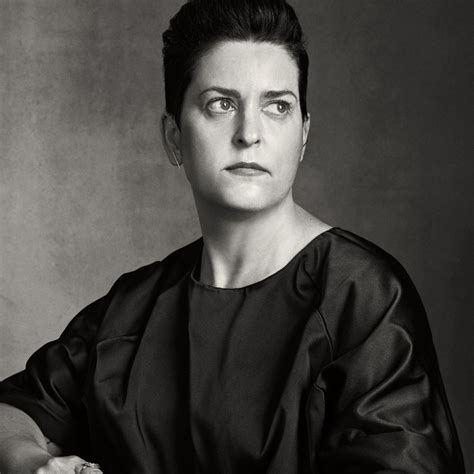A Quote by Shirley Geok-lin Lim
Is there a term that one might use rather than say that one is homosexual? Is there a different physical gender and symbolic dimension? I'm thinking of Adrienne Rich's notion of the lesbian spectrum. It's not as if sexual identity is binary: one must be either homo or hetero.
Related Quotes
Gender is not something that one is, it is something one does, an act... a "doing" rather than a "being". There is no gender identity behind the expressions of gender; that identity is performatively constituted by the very "expressions" that are said to be its results. If the immutable character of sex is contested, perhaps this construct called 'sex' is as culturally constructed as gender; indeed, perhaps it was always already gender, with the consequence that the distinction between sex and gender turns out to be no distinction at all.
Someone who is experiencing gender dysphoria would be someone who feels that his biological sex doesn't match up with the gender that he feels. So, I might feel like I am a woman trapped in a male body, and you can imagine how horrible that would be to have that kind of experience or to think that you're a man trapped in a woman's body. It must be just a terribly difficult experience for those who experience gender dysphoria. But this is not anything to do with homosexual attraction or activity. It's a matter of one's self-perceived identity.
I was so excited to be able to say that I was a lesbian that I would shake hands with strangers on the street and say, 'Hi! I'm Sally Gearhart and I'm a lesbian.' Once, appearing on a panel program, I began, 'I'm Sally Lesbian and I'm a gearhart!' I realized then that I had put too much of my identity into being lesbian.
Why would one's identity be a matter of feelings? I think that that's a misuse of terms, philosophically. Identity is mind independent. It's something that is objective, regardless of how you feel. So, the term gender identity seems to me to be something of an oxymoron. It's not really about one's identity. It's rather a matter of one's self-perception or one's feelings about oneself.
More platform-sensitive generations will make distinctions between online and in-person intimacy, whereas fourteen-year-olds have very nuanced online selves and might embody their virtual identity in the physical, analogue version of themselves. They have a much more pluralistic understanding of the self. I don't think we'd be here now in this amazing sexual and gender revolution without the online space where young people can see and share other versions of identity and sexuality.
When I first started going out to lesbian clubs, I felt a very binary recreation of hetero culture. There are butches and femmes, and I felt like I was neither of those things. I'm in a turtleneck and jeans and just learning to be comfortable in that space. I realized I don't have to be a certain way.


































